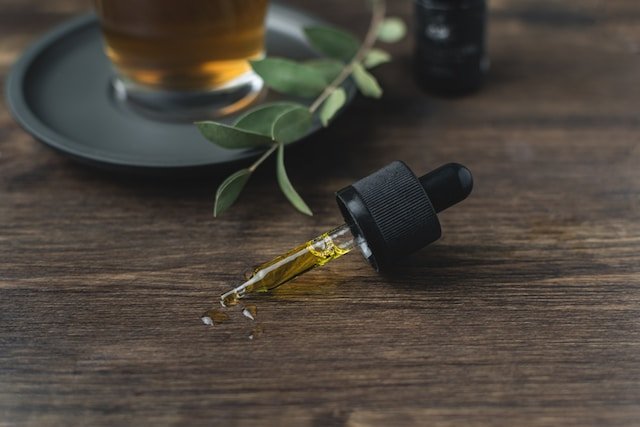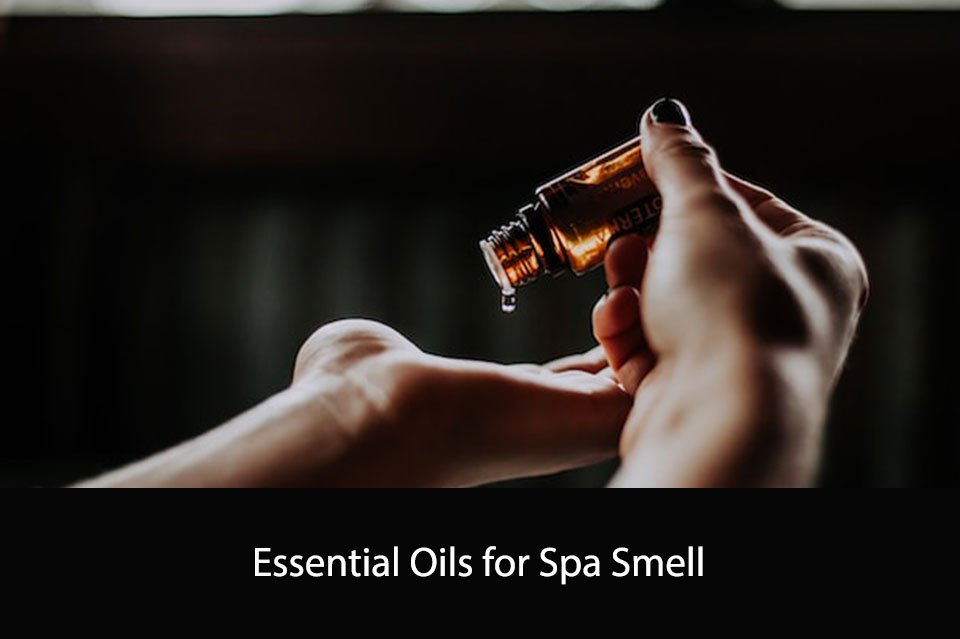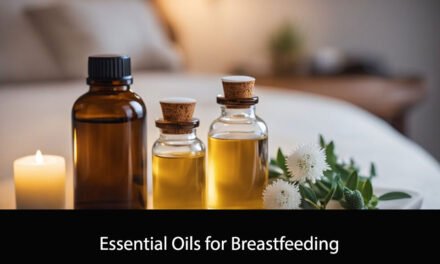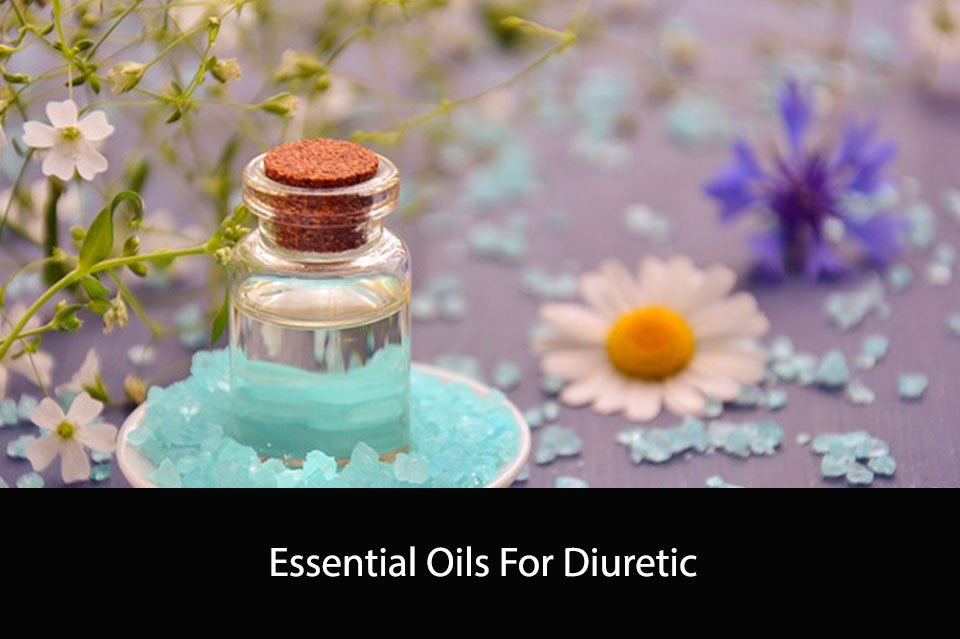Essential oils have become increasingly popular in recent years, and for good reason. These oils offer a range of benefits, including stress relief, improved mood, and even pain relief. One of the most popular uses for essential oils is in creating a relaxing spa-like environment in your home. By using essential oils, you can create a calming and soothing atmosphere that will help you unwind and de-stress after a long day.
When it comes to creating a spa-like environment, scent is key. The right scent can transport you to a place of relaxation and tranquility, helping you to forget about the stresses of everyday life. Essential oils are a great way to add a natural and therapeutic scent to your home spa. There are many different essential oils to choose from, each with its own unique properties and benefits. Whether you prefer the fresh scent of peppermint, the calming aroma of lavender, or the uplifting fragrance of lemon, there is an essential oil that is perfect for you.
To use essential oils in your home spa, there are a few different methods you can try. One popular option is to use a diffuser, which will release the scent of the oil into the air. You can also add a few drops of essential oil to your bathwater, or mix them with a carrier oil for a relaxing massage. With so many different options to choose from, it’s easy to find the perfect essential oil to create a spa-like environment in your home.

Understanding Essential Oils
Origin and Extraction
Essential oils are highly concentrated plant extracts that have been used for centuries in various cultures for their therapeutic properties. These oils are extracted from various parts of plants, including leaves, flowers, stems, and roots.
There are several methods of extracting essential oils, including steam distillation, cold pressing, and solvent extraction. Steam distillation is the most common method and involves using steam to separate the oil from the plant material. Cold pressing is used for citrus oils, where the oil is extracted by pressing the fruit peel. Solvent extraction is used for delicate flowers and involves using solvents to extract the oil.
Benefits of Essential Oils
Essential oils have a wide range of therapeutic benefits, including reducing stress and anxiety, promoting relaxation, and improving sleep quality. They are also known for their anti-inflammatory and antimicrobial properties, making them useful in treating various skin conditions and infections.
Here are some of the most popular essential oils and their benefits:
- Lavender: promotes relaxation and helps with sleep
- Peppermint: relieves headaches and improves digestion
- Eucalyptus: clears sinuses and promotes respiratory health
- Tea tree: has antimicrobial properties and is useful in treating acne and other skin conditions
- Lemon: boosts mood and energy levels
It’s important to note that essential oils should be used with caution and diluted properly before use. Some oils can cause skin irritation or allergic reactions, and they should not be ingested unless under the guidance of a healthcare professional.
Overall, essential oils can be a great addition to your spa experience, providing a natural and therapeutic aroma to enhance relaxation and promote wellness.
Essential Oils for Spa Smell
If you’re looking to create a relaxing and rejuvenating atmosphere in your spa, incorporating essential oils can be a great way to achieve that. Here are some of our favorite essential oils for spa smell:
Lavender
Lavender is one of the most popular essential oils for its calming and soothing properties. It has a sweet, floral scent that can help to reduce stress and promote relaxation. Lavender oil can also help to relieve headaches and improve sleep quality.
Eucalyptus
Eucalyptus oil has a fresh, invigorating scent that can help to clear the mind and promote mental clarity. It also has antibacterial and antiviral properties, making it a great choice for use in a spa setting where cleanliness is important.
Peppermint
Peppermint oil has a refreshing, minty scent that can help to energize and uplift the mood. It can also help to relieve muscle tension and ease headaches.
Lemongrass
Lemongrass oil has a bright, citrusy scent that can help to improve mood and reduce stress. It also has antibacterial and antifungal properties, making it a great choice for use in a spa setting where hygiene is important.
Rosemary
Rosemary oil has a fresh, herbal scent that can help to improve focus and mental clarity. It also has anti-inflammatory properties, making it a great choice for use in massage oils to relieve sore muscles.
When using essential oils in your spa, be sure to dilute them properly and follow safety guidelines. With the right oils and proper use, you can create a spa atmosphere that promotes relaxation and rejuvenation.

Creating the Perfect Ambiance
When it comes to creating the perfect spa ambiance, essential oils are a great tool to have in your arsenal. They can help to create a relaxing and inviting atmosphere that your clients will love. In this section, we’ll explore how to use essential oils to create the perfect ambiance for your spa.
Combining Essential Oils
One of the best ways to use essential oils to create a spa-like atmosphere is to combine them in a diffuser. A diffuser is a simple device that disperses the oils into the air, allowing their aroma to fill the room. When choosing which oils to use, it’s important to consider the properties of each oil and how they will work together. Here are a few combinations that we recommend:
- Lavender and peppermint: This combination is perfect for creating a calming and refreshing atmosphere. Lavender is known for its relaxing properties, while peppermint can help to reduce stress and improve mental clarity.
- Eucalyptus and lemon: This combination is ideal for creating a spa-like atmosphere that feels clean and fresh. Eucalyptus is great for clearing the sinuses and promoting respiratory health, while lemon can help to improve mood and energy levels.
- Bergamot and ylang-ylang: This combination is perfect for creating a romantic and sensual atmosphere. Bergamot is known for its mood-boosting properties, while ylang-ylang is often used as an aphrodisiac.
Ideal Quantity
When it comes to using essential oils in a diffuser, it’s important to use the right amount. Too much oil can be overpowering and unpleasant, while too little may not have the desired effect. As a general rule, we recommend using 5-10 drops of essential oil per 100ml of water in your diffuser. However, this can vary depending on the size of your diffuser and the strength of the oils you are using. It’s always a good idea to start with a small amount and adjust as needed.
In conclusion, using essential oils is a great way to create the perfect ambiance for your spa. By combining the right oils and using them in the right quantity, you can create a relaxing and inviting atmosphere that your clients will love.
Safety Measures
When it comes to using essential oils in a spa, it’s important to take safety measures to ensure the well-being of both clients and staff. Here are some key considerations to keep in mind:
1. Dilution
Essential oils are highly concentrated, which means they should be diluted before use. We recommend using a carrier oil, such as coconut or jojoba oil, to dilute essential oils before applying them to the skin. A general rule of thumb is to use a 2% dilution rate, which means adding 12 drops of essential oil to 1 ounce of carrier oil.
2. Patch Testing
Before using any essential oil on a client, it’s important to perform a patch test to check for any allergic reactions. Apply a small amount of diluted essential oil to the inside of the client’s wrist and wait 24 hours to see if there is any redness, swelling, or itching.
3. Inhalation
Inhaling essential oils can have a powerful effect on the body and mind, but it’s important to use caution. We recommend using a diffuser to disperse essential oils into the air, and avoiding direct inhalation from the bottle or applying them to the skin near the nose.
4. Storage
Essential oils should be stored in a cool, dark place and kept out of reach of children and pets. It’s also important to label all bottles clearly and keep them organized to avoid confusion.
By following these safety measures, you can ensure a safe and enjoyable spa experience for everyone involved.
Conclusion
In conclusion, essential oils are a great addition to any spa experience. They offer a wide range of benefits, from relaxation to pain relief, and can help create a calming and soothing atmosphere.
When selecting essential oils for your spa, it is important to consider the specific needs of your clients. Lavender, peppermint, and eucalyptus are popular choices for relaxation and stress relief, while tea tree oil is great for its antibacterial properties.
It is also important to use high-quality, pure essential oils to ensure the best results. Always dilute essential oils before use, and never apply them directly to the skin.
Overall, incorporating essential oils into your spa can enhance the overall experience for your clients. By creating a relaxing and rejuvenating atmosphere, you can help your clients feel refreshed and renewed after their visit.

Frequently Asked Questions
What are some luxury essential oil blends for creating a spa-like scent?
There are many essential oil blends that can create a luxurious spa-like scent. Some popular blends include lavender and peppermint, eucalyptus and lemon, and bergamot and ylang-ylang. These blends can help create a relaxing and rejuvenating atmosphere.
What are the best essential oils to use in a spa diffuser?
The best essential oils to use in a spa diffuser are those that have relaxing and calming properties. Some great options include lavender, chamomile, ylang-ylang, and bergamot. These oils can help promote relaxation and create a spa-like atmosphere.
What is the typical scent associated with spas and how can I recreate it?
The typical scent associated with spas is a combination of relaxing and uplifting scents. Some common scents include lavender, eucalyptus, peppermint, and citrus. To recreate this scent at home, try using a combination of these essential oils in a diffuser.
How can I make my bath or home smell like a spa using essential oils?
To make your bath or home smell like a spa using essential oils, try using a diffuser or adding a few drops of essential oils to your bath water. You can also mix essential oils with a carrier oil, such as jojoba oil or almond oil, and use it as a massage oil.
What is Aveda’s spa essential oil blend and how can I use it?
Aveda’s spa essential oil blend is a combination of lavender, bergamot, and clary sage. This blend can help promote relaxation and reduce stress. To use it, add a few drops to a diffuser or mix it with a carrier oil and use it as a massage oil.
What is the essential oil blending wheel and how can it help me create a spa-like scent?
The essential oil blending wheel is a tool that can help you create a custom essential oil blend. It includes a range of essential oils and suggests different combinations based on the desired effect. This tool can be helpful in creating a spa-like scent that is tailored to your specific needs.





